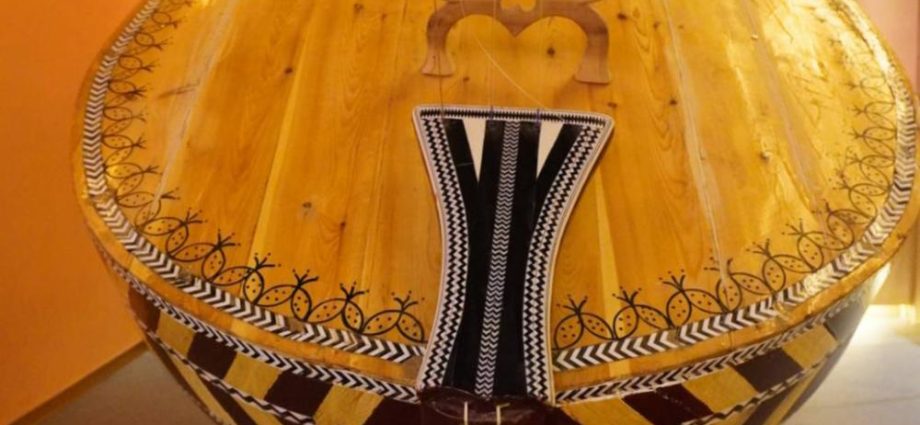Beijing counters negative media narrative on autonomous region, writes Mongkol Bangprapa

China allowed a number of international media organisations to observe what is hailed as success in containing terrorist-related violence in Xinjiang.
Mongkol Bangprapa, a senior journalist of the Bangkok Post, also in his capacity as president of Thai Journalists Association, was among 22 guests who were invited to visit the Chinese autonomous region. They were drawn from media outlets from 17 countries included in China’s Belt and Road Initiative (BRI), and included 17 Muslim journalists.
The visitors were from the Middle East, Europe, North America, Australia, India and Southeast Asia. They took a field trip to Urumqi, Ili and Kashgar, arranged by the State Council Information Office of China.
They also attended forums to exchange knowledge with Chinese researchers about their views on Xinjiang.
The topics included “Protecting the Freedom of Religion by Muslims in Xinjiang”, “Cognitive Warfare or Journalistic Practice: Information Manipulation by Some Countries on Xinjiang Issues” and “Fighting Terrorism and Extremism”.
These seminars were aimed at showing the changes which Xinjiang has undergone in the past seven years or so.
With a population of more than 10 million, Xinjiang is also known as home to Uighurs, one of the Chinese autonomous region’s four largest ethnic groups. Once a violence-plagued region, Xinjiang is now seen as an important economic area which serves also as a connecting hub for high-speed train routes in the BRI.
The Chinese hosts pointed to what they said was freedom of religious practices in Xinjiang, such as development of education, healthcare and housing welfare.
They were designed to counter the negative images of Xinjiang and China as a whole by some Western media giants.
Zheng Liang, a Chinese researcher, said the media had been exploited as a tool to make false accusations against China regarding its handling of violence in Xinjiang.
He played an audio clip containing a remark by Lawrence Wilkerson, former US chief of staff to former secretary of state Colin Powell and a retired army colonel, when he was speaking at the Ron Paul Institute in August, 2018.
“The third reason we were in Afghanistan is because there are 20 million Uighurs in Xinjiang. The CIA would want to destabilise China and that would be the best way to do it, to foment unrest and to join with those Uighurs in pushing the Han Chinese in Beijing,” the colonel said in the clip.

A craftsman makes a traditional drum with snakeskin, left, and a traditional musical instrument, right, in Kashi Prefecture of Xinjiang.
Mr Zheng also presented an analysis of the BBC’s coverage of Xinjiang’s past violence which he found to be intentionally distorted.
On one occasion, the BBC claimed its correspondent was ordered by the Chinese police to stop filming around a factory said to be a site of forced labour against Uighurs, said Mr Zheng.
The truth was the police were actually security guards at the factory and were merely trying to warn the BBC team to wear a face mask during the Covid-19 pandemic.
On another occasion, the BBC published mugshots of what it claimed to be 2,000 Xinjiang police found involved in the mass abduction and judicial killing of more than 1,000 Uighurs, he said.
As it turned out, two of the mugshots actually belonged to Hong Kong actors, Donald Chow and Andy Lau, he said.
Wang Jiang, a professor and associate dean at the Institute of China’s Borderland Studies, Zhejiang Normal University, admitted the reduction in violence in Xinjiang in the past seven years resulted partially from measures imposed to fight Covid-19.
They included China’s border closures which lasted for over three years and stringent controls on the internet in China which made it almost impossible for outsiders to incite violence through the internet, he said.

A craftsman makes a traditional drum with snakeskin, left, and a traditional musical instrument, right, in Kashi Prefecture of Xinjiang.

